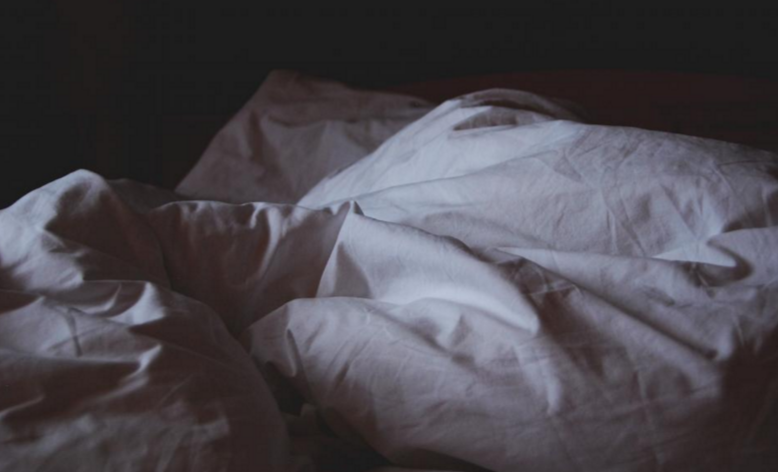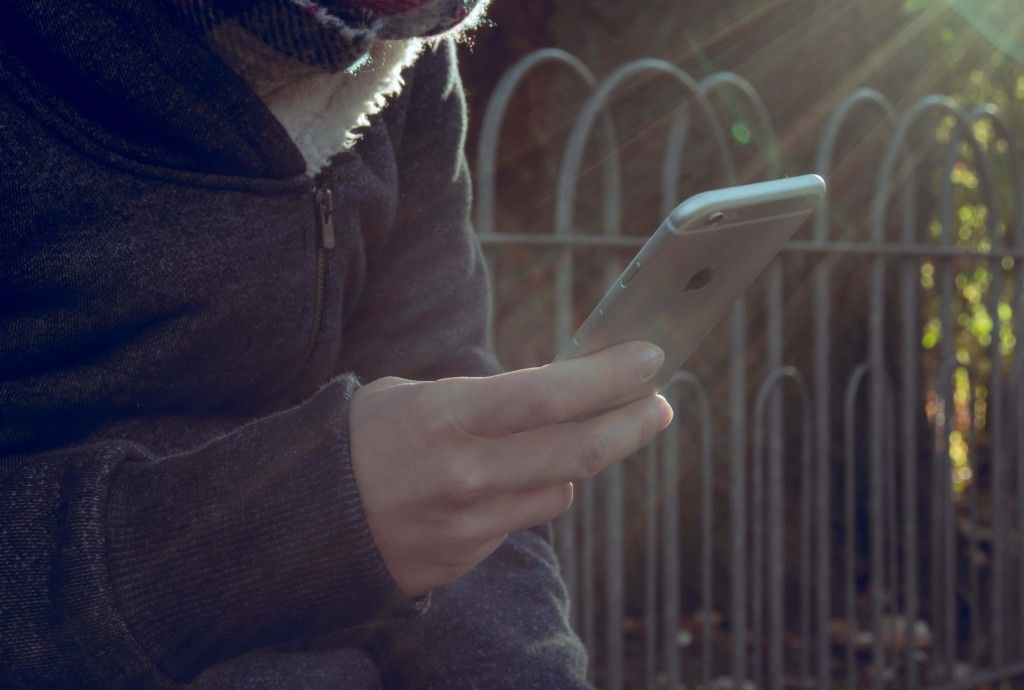
Susy* (30) began to suffer from insomnia and anxiety last year. But thanks to the help from her psychologist and using ehealth, things are starting to look up for her. "By using ehealth, I have learnt a whole new way of thinking."
The interview
Q: Can you introduce yourself? "I’m Suzy and I...
Q: What exactly was the reason you went into therapy last year? "Last year at Christmas time I wasn’t doing well. I constantly felt tense and began to have sleeping problems. I had no idea why I felt so anxious: I didn’t feel that my work was too demanding or anything like that. The fact that I wasn’t sleeping properly made me even more tense and anxious. My GP gave me sleeping pills, which helped me to sleep better, but the feelings of anxiety didn’t go away. So I finally went to see a psychologist."

Q: Did your therapist suggest using ehealth straight away? "Yes, she did. She hadn’t actually ever worked with it before either. During our first session she asked me if I wanted to try this out with her; so I was her ‘guinea pig’! The reasons she suggested this to me had to do with my age. I’m quite young, and young people are generally already used to doing a lot with their computer and smart phone in their daily lives."
My therapist hadn't worked with ehealth before; we were trying it out together
Q: Did it seem like a good idea to you? "I thought “Why not?”. I had already heard of ehealth from my brother, so I knew more or less what it involved."
Q: What aspects of your treatment can you follow online? "I kept a sleep diary on the diary app. I also did the module on Generalised Anxiety. In the sleep diary, I had to fill in each morning how many hours I had slept and how many hours I was awake. By filling this out, I found that I was actually sleeping better than I had thought. I tended to focus only on the nights I’d slept badly. In the module, I also did cognitive exercises, where I learned to test whether this focus was realistic. I found out that the idea that I always slept badly was not reality. By thinking more about the nights when I did sleep well, I became more confident I was sleeping well and my anxiety levels slowly diminished. Therefore, I actually ended up sleeping better."

Q: What expectations did you have of ehealth when you started? "I didn’t really have any specific expectations of ehealth. I did have expectations of therapy though. I thought that I would get all kinds of new insights from the therapy that would help me to recover. That turned out to not be true. During the cognitive exercises I did, I learned to challenge my own thoughts. I gradually discovered that their value is in repetition. If you keep doing them, and make them more and more your own, it all becomes easier."
Q: Has ehealth helped you? "I think so. The ehealth modules really forced me to work on my issues outside the sessions with my psychologist. Of course that is always the intention, but with ehealth I had to take that very seriously. My psychologist read my homework before the next session, so I wanted to have it done well. Also, thanks to the Minddistrict exercises, I was forced to write down my feelings and thoughts, so I spent at least an hour a week actively analysing my mindset".
I often worked on ehealth when I was feeling low
Q: What did you like about ehealth? "I liked the way that you can work on your problems whenever you want to. I often did so when I was feeling low. Just being busy with it helped me to feel less stressed and the anxiety I was feeling at that moment began to go away".
Q: What would you have changed about the online part of your treatment? "For me, the sleep diary in the app could be improved. It was a shame that my sleep diary only showed my sleep efficiency. I would have liked it if I could have seen how many hours I slept per night and per week. More information about my sleep behaviour would have been useful."

Q: Soon you will have your last session with your psychologist. What role does ehealth still play in your daily life? "I still fill in my sleep diary every day, but I have finished the Generalised Anxiety module. The therapy has ensured that I am now less likely swayed by negative thoughts. I regularly follow the mental steps that I learnt during the sessions. Among other things, by using ehealth have I mastered a more realistic and healthier way of thinking. If I have a bad nights sleep, for example, I can put it into perspective better than before. Before having therapy, I thought everything in my life would immediately go bad from lack of sleep. Now I feel more and more confident that no harm will come from a few hours less sleep. "
- Name has been changed at the request of the patient.
